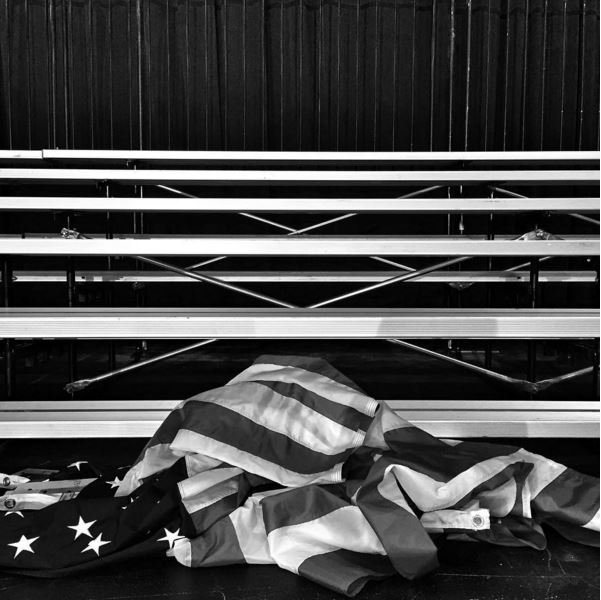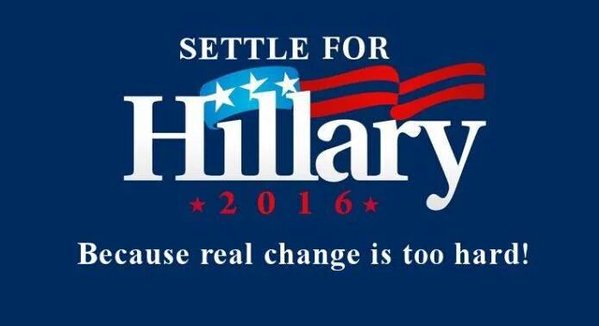France: A resident of Calais describes how cultural enrichment actually works
Ca·lais (kă-lā′, kăl′ā)
Wikipedia . . . "The population of the metropolitan area at the 2010 census was 126,395. Calais overlooks the Strait of Dover, the narrowest point in the English Channel, which is only 34 km (21 mi) wide here, and is the closest French town to England. The White Cliffs of Dover can easily be seen on a clear day from Calais. Calais is a major port for ferries between France and England, and since 1994, the Channel Tunnel has linked nearby Coquelles to Folkestone by rail.
"Due to its position, Calais since the Middle Ages has been a major port and a very important centre for transport and trading with England. It was annexed by Edward III of England in 1347 and grew into a thriving centre for wool production. Calais was a territorial possession of England until its capture by France in 1558. The town came to be called the "brightest jewel in the English crown" owing to its great importance as the gateway for the tin, lead, lace and wool trades (or "staples"). In 1805 it was a staging area for Napoleon's troops for several months during his planned invasion of the United Kingdom. The town was virtually razed to the ground during World War II, when in May 1940, it was a strategic bombing target of the invading German forces who took the town during the Siege of Calais. During World War II, the Germans built massive bunkers along the coast in preparation for launching missiles on England." (Defending Calais)
| Hotel DeVille |

A resident of Calais describes how cultural enrichment actually works . . . "this was recorded on the 7 February 2016 during a day at Rungis (10 km outside of Paris because Patriots did not get permission to demonstrate in Paris). There were 12 speakers, one of them was SIMONE HÉRICOURT, a native of Calais. This woman touched the room, describing what Calais was before the “Jungle”. Now violent Illegals make life hell for Salesians. They feel (and ARE) abandoned by the Government and live in fear.
This, to me, seems a microcosm (albeit a rather big one with 18,000 illegals living in the Jungle) of what is now happening in Europe and will happen globally if we cannot stop it. The speech is relatively long at 1/4 of an hour, but it is so raw and authentic that’s probably why I became the most poignant moment of that day for the people in the salle, despite 11 other speakers of high caliber.
Would that we could all feel that this were so:







